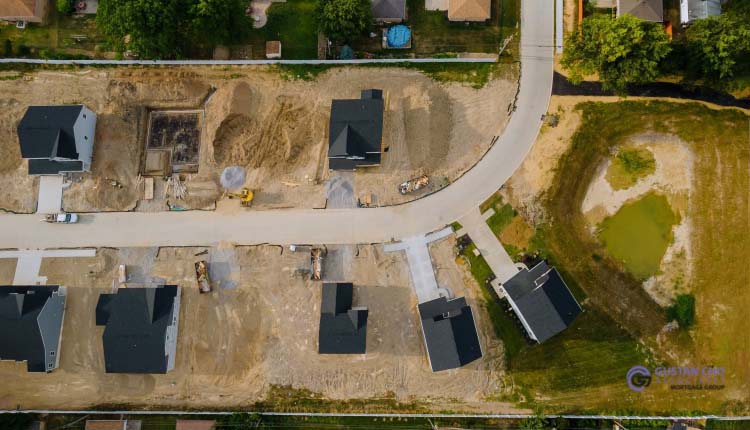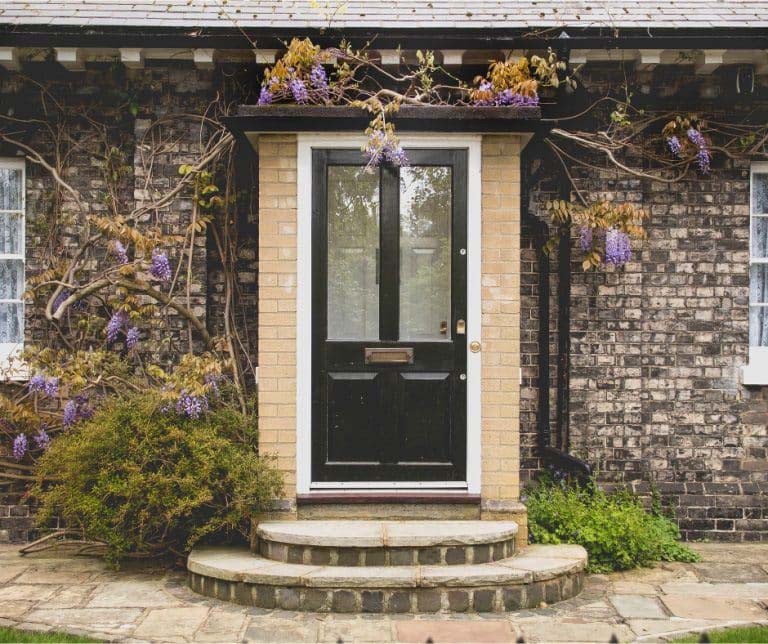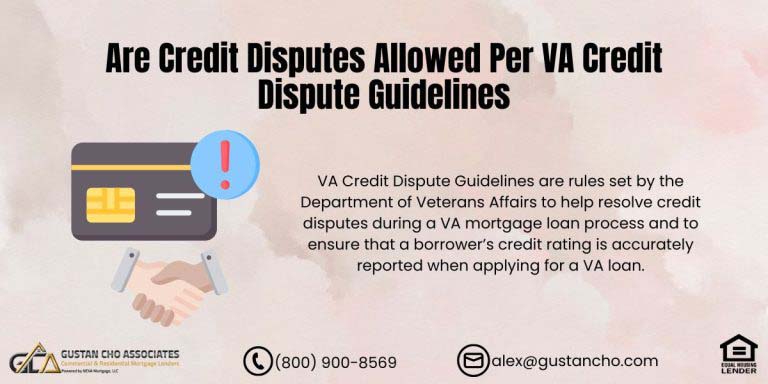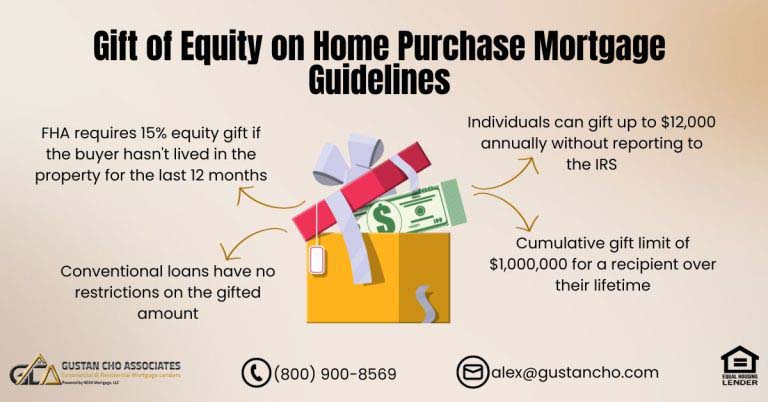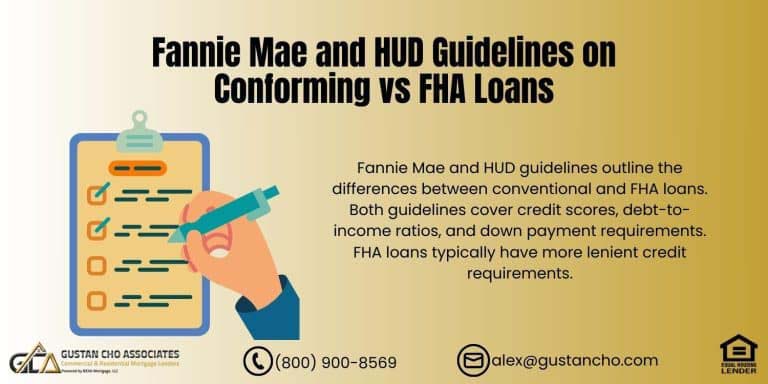Types of Homes Eligible With Residential Loans: Government and Conventional Loans
Government loans and Conventional loans are traditional mortgage loans that require little to no down payment.
Not Sure If Your Property Type Will Qualify? Ask Us
Single-family, condo, townhome, 2–4 units—we finance many different types of homes with residential loans
Types of Homes Eligible With Residential Loans: Financing With Conventional Loans
Conventional loans are often referred to as conforming loans. The reason they are called conforming loans is that they need to conform to Fannie Mae or Freddie Mac agency mortgage guidelines. Conventional loans are not guaranteed by any government agency. However, lenders conform to Fannie Mae or Freddie Mac agency mortgage guidelines because they resell the conventional loan they originate and fund to Fannie or Freddie after it funds. With the proceeds from the sale, lenders replenish their warehouse line of credit. By paying down the lender’s warehouse line of credit, the lender can repeat the process and originate and fund more loans. In this article, we will discuss and cover the types of homes eligible with residential loans.
Types of Homes Eligible With Residential Loans on Purchase and Refinance
Residential loans are typically designed for purchasing or refinancing homes intended for personal occupancy. The types of homes eligible for residential loans can vary based on the lender’s policies, the loan program, and local regulations. However, generally, eligible types of homes include single family homes. Single-family homes are standalone houses designed for one family to reside in.
Condominiums
Individual units within a larger complex, often managed by a homeowners association (HOA).
Townhouses
These are multi-level homes that share walls with adjacent units.
Duplexes, triplexes, and quadplexes
Multi-unit properties where each unit is a separate residence.
Manufactured Homes
Also known as mobile homes, factory-built houses are transported to a specific location.
Modular Homes
These are constructed in sections off-site and assembled on-site.
Cooperative (co-op) Apartments
Residents own shares in a corporation that owns the entire building rather than owning individual units. It’s essential to check with your lender or mortgage provider to understand their specific eligibility criteria for the type of residential property you’re interested in purchasing or refinancing. Additionally, certain loan programs may have additional requirements or restrictions regarding the type of property eligible for financing.
Options For Homebuyers on The Types of Homes Eligible With Residential Loans
The most common types of homesbuyers gravitate towards are single-family homes. However, there are other types of homes eligible with residential loans. When homebuyers think of purchasing a home, most assume it is a detached single-family home with a private lot. However, there are other options available for homebuyers. Other types of homes eligible with residential loans are the following:
- Detached single-family homes
- Townhouse or rowhouse
- Condominiums
- Manufactured homes
- 2 to 4 unit multi-family homes
All of the above types of homes eligible with residential loans. Gustan Cho Associates is a national five-star mortgage company licensed in multiple states with no lender overlays on government and conventional loans. Government loans are for owner-occupant homes only. You cannot finance a second home or investment property with government loans. To finance a second home or investment property, borrowers would need to go with conventional loans.
Buying a Condo, Townhome, or Multifamily? We Can Help
Not every lender is comfortable with mixed-use, warrantable condos, or 2–4 unit properties—but we are
Financing Manufactured Homes
The most common loan program for manufactured homes is FHA loans. HUD, the parent of FHA, allows financing on manufactured homes. Many people often confuse mobile homes with manufactured homes. Mobile homes are not eligible for home mortgage financing. Mobile homes are transportable homes on wheels. Manufactured homes are prefab homes that need to be fixed permanently to a concrete foundation.
Many manufactured homes are better built and looking than stick-built homes. Often times you cannot tell manufactured homes versus stick-built homes.
Modular and manufactured homes are often built elsewhere and transported to the home site. The concrete foundation is done prior to transporting the pieces or parts of the manufactured home. One important thing manufactured home buyers need to keep in mind is homeowner’s insurance premiums are substantially higher than stick-built homes. Manufactured homes are considered higher-risk investments versus single-family homes for lenders. Therefore, there is a pricing adjustment on a manufactured home which means mortgage rates are higher versus single-family homes.
Financing Condominiums
Only HUD-Approved Condominium Complexes are eligible for financing with FHA loans. The condominium complex needs to be warrantable. Warrantable means that over 50% of the condo-complex occupants need to be owner-occupant primary condo owners. The good news is if the condominium complex is not HUD-approved, HUD now allows an exception via FHA Spot Loans. FHA Spot Loans are exceptions where condo buyers can purchase a warrantable condo unit in a non-HUD-approved condo complex. Condos are riskier investments for lenders than a detached single-family home. Therefore, mortgage rates on condos are slightly higher than rates on single-family homes.
Buying 2-to-4 Unit Multi-Family Home
HUD, the parent of FHA, allows homebuyers to purchase a two to four-unit multi-family home with a 3.5% down payment as long as the homebuyer occupies one of the units as their primary residence with an FHA loan. Borrowers can occupy one of the units and rent out the other units. FHA loan limit on 2 to 4 unit properties is substantially higher than the loan limit on single-family homes. Borrowers can use 85% of the market rents on the rental units as qualified income in their debt-to-income ratio calculations. To qualify for a mortgage with a five-star mortgage company with no overlays on government and conventional loans, please contact us at Gustan Cho Associates at 800-900-8569 or text us for a faster response. Or email us at alex@gustancho.com. The team at Gustan Cho Associates is available 7 days a week, evenings, weekends, and holidays.
Get Pre-Approved Based on Your Property Type and Plan
Different homes have different rules, reserves, and guideline quirks


